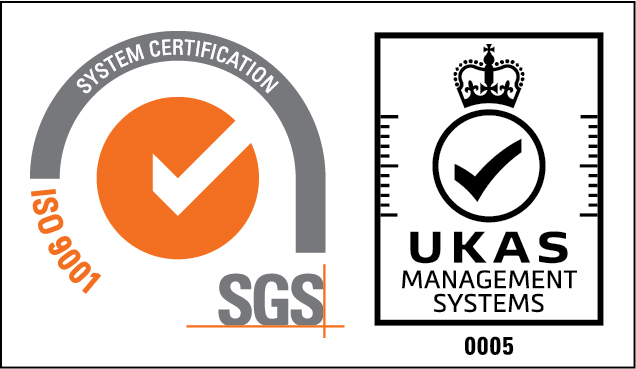The Singapore government is investing heavily in data security as part of its new 3-year plan which it sees as crucial in protecting citizen data.
Speaking on Tuesday, Singapore’s Finance Minister Heng Swee Keat said that the budget for 2020 would enable Singapore to enhance its cyber and data security capabilities.
This follows the passing of new legislation in 2018 which enhanced laws surrounding data security in the new Cybersecurity Act.
Singapore’s investment plan will allow the government and key agencies to adopt new technologies and get the country ready for a future where AI, IoT and cloud computing become central to economic growth.
Through new digitisation strategies, Singapore will be able to adapt to cyber security risks and also provide tech startups with the funding they need to develop new technologies. This would come from an additional $215m fund in its Startup SG Equity Scheme – further supporting Singapore’s growing hub of technology startups.
Countries such as India, France and the U.S. have also been adopting new laws and stepping up their data security efforts to protect citizens and their personal information. From California’s new CCPA to France and India’s push for more data cooperation between governments, there is an international effort building momentum to reinforce data security architecture as a whole.
Businesses that are at risk of data security breaches include multinational corporations operating large cloud infrastructure as well as government agencies, ecommerce platforms and new fintech businesses.
Data security architecture is central to the success of new startups as well as protecting citizen data. Part of that effort includes the safe removal and disposal of older systems as new technologies come into play. One of the ways in which businesses can reduce their risk of losing data or having it exposed to criminal organizations is through degaussing technology and hard drive destruction.
While software may be considered by small businesses as a way to erase hard drives, the data still remains, and poses a risk to security conscious companies holding sensitive information. Therefore magnetic erasure with degaussing provides the guarantee that data can’t be recovered – which is especially important for governments that want to protect national secrets and data from falling into the wrong hands.





